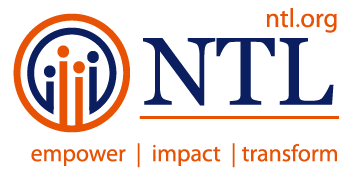The following is an abbreviated version of a keynote presentation given at the NTL New OD Conference, Silver Spring, MD, USA on March 19, 2010 The purpose of this article is to highlight some recent trends in organization development (OD) theory and practice. The term morphogenesis is borrowed from zoology and is used in this context to imply the differentiation in premises and practices occurring during the development of OD, especially related to postmodern and new sciences influences, and potentially leading to different forms of OD. What’s New in OD? In recent years there has been a range of conversations at academic and practitioner conferences, and in leading OD-related publications, questioning one or more aspect of OD theory and practice. Usually the concern is about amending some dimension of OD that is considered too limiting while seeking a different formulation to allow a broader range of focus and action. These include at one time or another calls for OD to expand its primary focus on a single organization to include broader systems, such as organizational sectors, communities, or global networks. It also often includes calls to expand issues of concern beyond economic viability and quality of work life to include also issues of social justice, sustainability, global health, climate change, and so forth. The changing contexts that impact how OD is carried out, and some of the issues OD is asked to address, are also noted with calls to expand OD capabilities and responses. These include being better able to address the impacts of globalization, information technology, multi-cultural dynamics, the 24/7 and virtual work worlds, and the general move to leaner and faster moving processes with people needing to embrace “continuous change.” Some have also wondered whether the underlying humanistic and democratic value system of OD needs to be modified to encourage more pragmatic or business-oriented thinking and action, or that social action values need to be more explicitly added.

